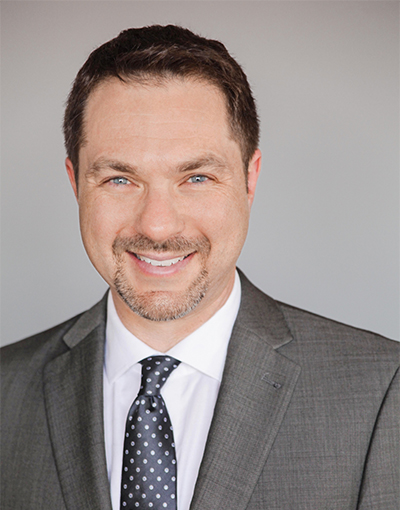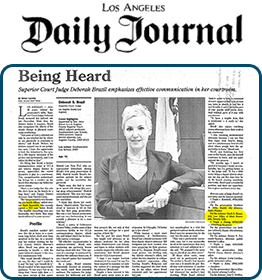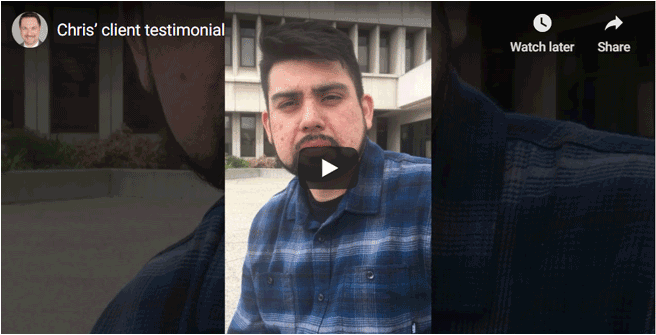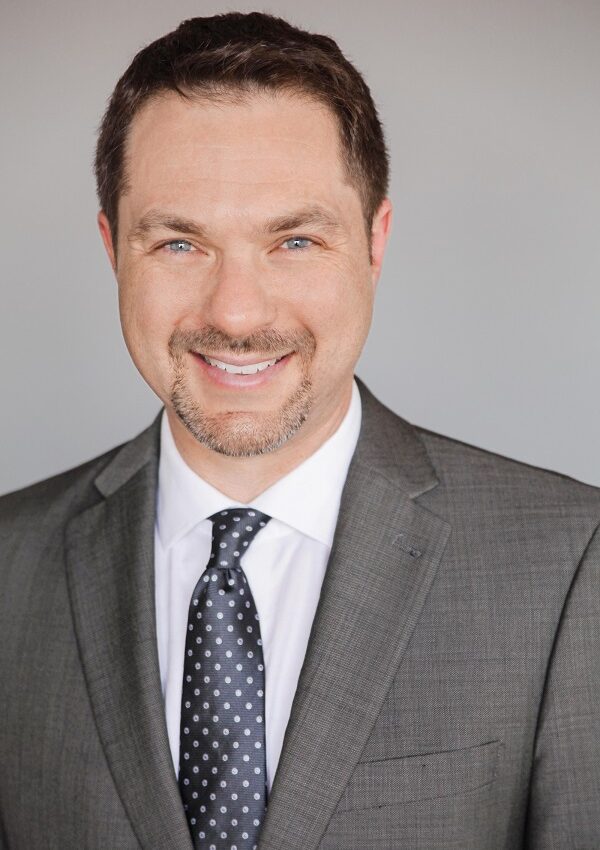When Do Officers Have Authorization to Test for the Presence of the Prescription Drugs in the System?
If someone is stopped based on reasonable suspicion and lawfully arrested based on probable cause, police are going to ask for either a blood or a urine sample. It’s rather a tricky question where the law stands, whether or not someone has to submit to a chemical test like a blood test and allow officers or a nurse or a phlebotomist to draw blood.
There are Department of Motor Vehicle consequences, as far as whether someone submits to a chemical test or refuses a chemical test. Then, there is what the officers do and what ultimately gets handled in court. The best course of action for a police officer at this point is to obtain a search warrant based on probable cause to do a blood draw.
If this is not done, it can create issues on whether or not it’s a lawful investigation. Many times, officers will just attempt to get consent and have the person agree to do it, but that may or may not work in court. Oftentimes, police officers are very persuasive in convincing people to just submit and go to the hospital or to the police station where they have someone trained to do blood draws.
Can Someone Refuse the Chemical Test? Are the Consequences the Same as an Alcohol DUI?
There are certain situations where a person can refuse a chemical test and certain situations where a person cannot.
The Department of Motor Vehicles is going to look at the refusal issue differently. It’s an administrative hearing and if somebody refuses, the DMV will move forward and typically do everything they can to suspend the driving privilege for a significant period of time.
For court purposes, the police officers really need a warrant to draw the blood. If they are successful in obtaining the warrant, they may be able to lawfully draw the blood and can do a forced blood draw where if needed. Whether this is appropriate or not is going to depend on the particular facts of the case.
To find out the Tests That Are Carried in a Drug DUI Case, call the law office of Attorney Mark Rosenfeld for a free initial consultation at (310) 424-3145 and get the information and legal answers you’re seeking.






 Personal Attention
Personal Attention Every criminal case is unique and no attorney can guarantee the outcome of a case. The information on this site is legal advertising and for general information only. Using this site, requesting books, information, consultations or communicating with Attorney Rosenfeld through its site does not form an attorney/client relationship.
Every criminal case is unique and no attorney can guarantee the outcome of a case. The information on this site is legal advertising and for general information only. Using this site, requesting books, information, consultations or communicating with Attorney Rosenfeld through its site does not form an attorney/client relationship.








